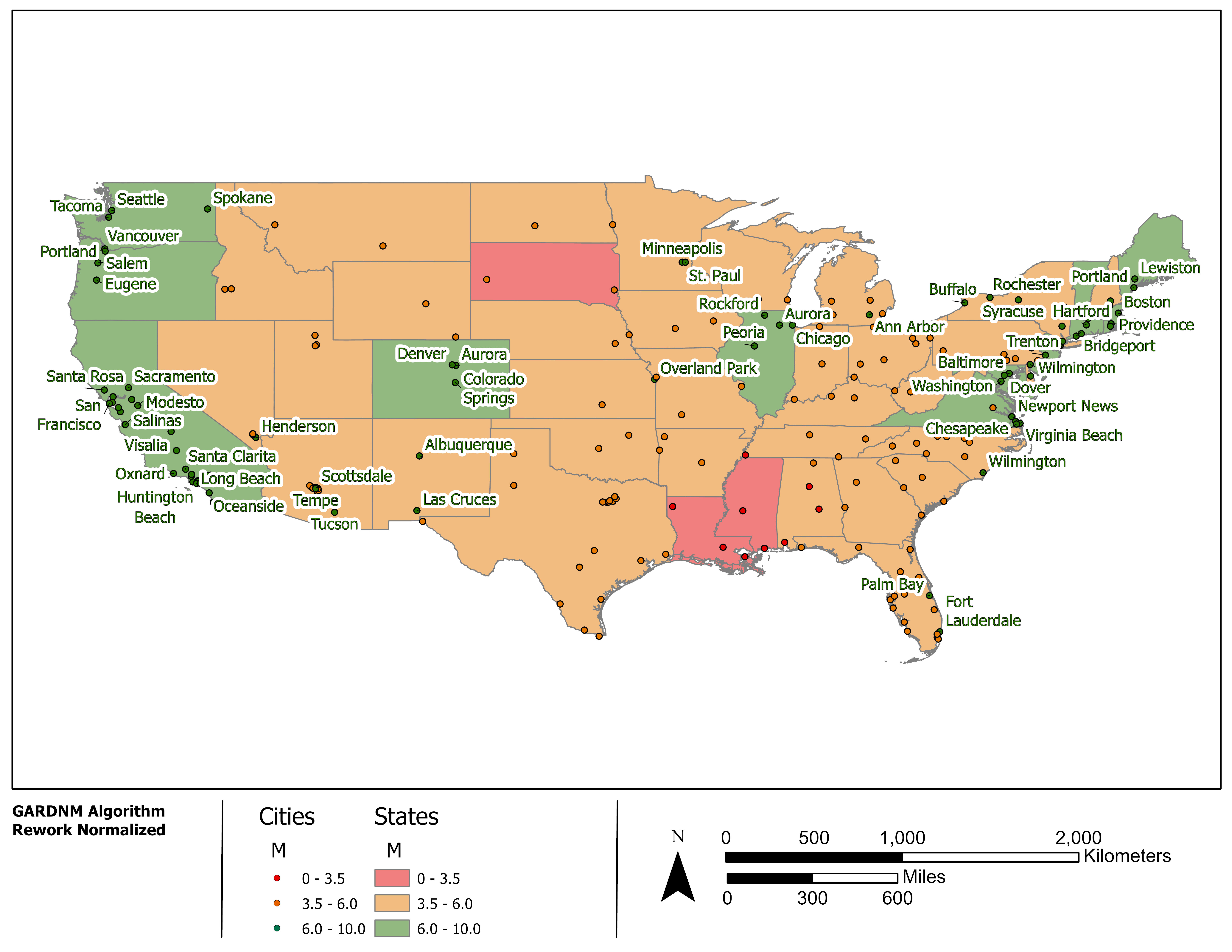Plasma physics is a diverse field, and it is essential that all members of our community feel welcome in common spaces. Unfortunately, there are many aspects of modern life that still serve to repress or destabilize specific parts of our community.
In order to establish a welcoming environment for scientific discussions at national conferences, we must consider all of the multi-faceted aspects that go into selecting a hosting location. When done in as objective of a manner as possible, this can help to ensure personal safety and comfort for all event participants, allowing everyone to focus on the event itself rather than navigating uncomfortable spaces.
The process of establishing a suitable conference venue should include two important steps: (1) an initial triage of candidate locations based on suitability for hosting and (2) the deployment of mitigation schemes to address areas for concern at the selected site. When properly conducted, conscientious site selection can not only increase the chances of having an equitable and productive meeting, but can also help to uplift local communities by providing external support, engagement and revenue streams where it is needed most.
To address the first step of this process, we have developed a “GARDN-M” protocol that communities can use to overlay issues surrounding proposed meeting locations in a “Green, Amber, Red” (GAR) assessment and mitigation framework. This code is publicly available on GitHub and will be the subject of an upcoming publication. A particular instance of the process may result in location map similar to the following:
 An example map of the US showing selected venues on the adjustable GAR scale.
An example map of the US showing selected venues on the adjustable GAR scale.
Importantly, we advocate for hosting national events in locations where such an event could also uplift local communities. These areas are colored in Amber in the above map. This is because the real work of hosting a safe and equitable event comes in the deployment of targeted mitigation strategies. Development of these mitigation strategies requires dedicated research and effort by the event organizers and must be assessed on a case-by-case basis. However, when they are correctly employed, we believe that such mitigation strategies can leave a lasting positive impact on marginalized communities.
For more information about this tool and its potential uses, please contact me via email.